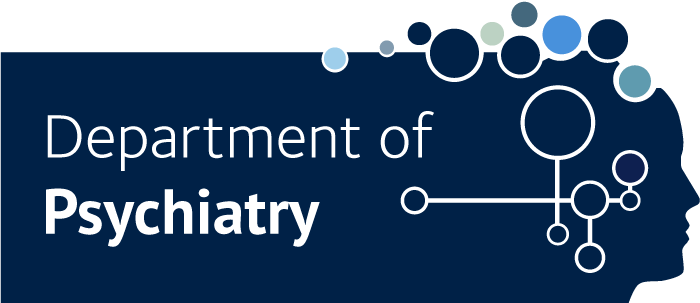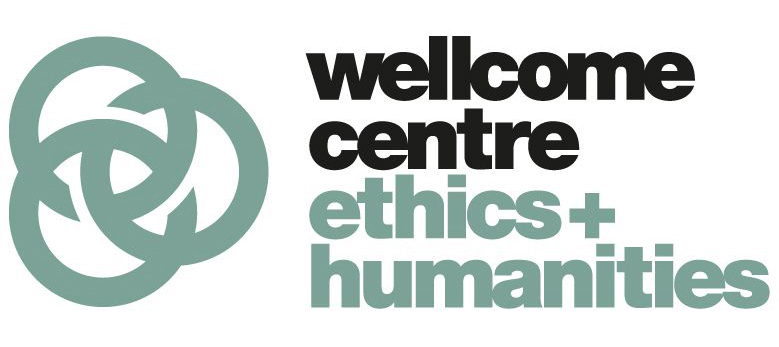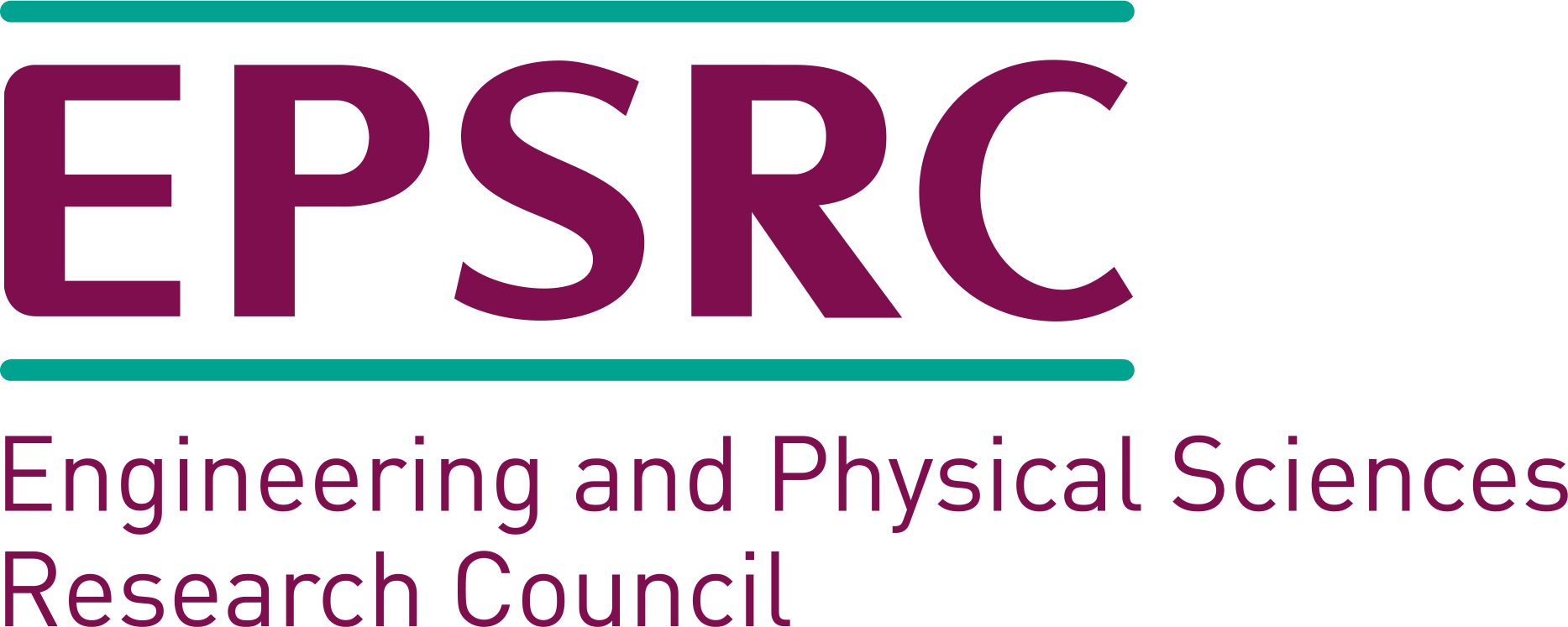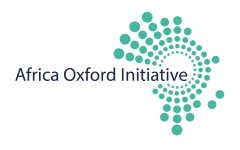Who Funds Us
NeuroGenE receives core funding from the Stanley Centre for Psychiatric Research at the Broad Institute of Harvard and MIT. To date, we have received further support from the Wellcome Centre for Ethics and Humanities (WEH), University of Oxford. Our aim is to attract a small group of committed funders, who will help to ensure that we achieve our core goal of establishing a world-class model for sustainable and integrated research, capacity-building and training initiatives in the ethics of global neuropsychiatric research.

The Stanley Centre for Psychiatric Research at the Broad Institute, in partnership with the Harvard T.H. Chan School of Public Health, launched the centre to improve global human health through genetics, to allow a greater understanding of biology, treatments of human disease, and to lay the foundations for a new generation of therapies. The Stanley Centre focuses on the genetics of psychiatric disorders, with the aim of contributing to new understandings of pathogenesis, the identification of biomarkers, and ultimately to generate new treatments. NeuroGenE exists because of the vision and support of Dr. Steven E Hyman, Director of the Stanely Centre, and Dr. Karestan C Koenen, Principal Investigator of the Stanley Global Collections Initiative

The University of Oxford’s, Department of Psychiatry was the ranked the United Kingdom’s top Psychiatry Department in the Research Excellence Framework 2014. The Department provides a visionary intellectual home for NeuroGenE, showcasing international leadership in the substantive integration of science and ethics. NeuroGenE is situated within the Neuroscience, Ethics, and Society team (NEUROSEC), which is devoted to ethical research in psychiatry.

The Wellcome Centre for Ethics and Humanities (WEH) was launched in 2017. It aims to provide a fresh understanding of ethical concepts and challenges in light of contemporary science innovations, specifically in neuroscience, big data, genomics, and global health. WEH co-funds NeuroGenE researchers and offers an interdisciplinary platform to promote collaborative research and capacity building initiatives in bioethics.

The Engineering and Physical Sciences Research Council (EPSRC) UK Research and Innovation (UKRI) Global Challenges Research Fund (GCRF) Digital Innovation for Development in Africa (DIDA) Seed Grant funds the EMDIYA project. EPSRC is part of UK Research and Innovation (UKRI) that works to create the best possible environment for research and innovation to flourish. Global Challenges Research Fund (GCRF) supports cutting-edge research that addresses the problems faced by developing countries. GCRF forms part of the UK’s Official Development Assistance (ODA) commitment.

The Africa Oxford Initiative (AfOx) Research Development Award (ReDA) funds the roadmap co-created by caregivers on navigating the mental healthcare streams in Ghana and their intrinsic challenges: terminology, conceptualizations, and resources. AfOx fosters the establishment of equitable and sustainable collaborations between African Academics and the University of Oxford. AfOx supports and facilitates partnerships in priority areas including education and research collaboration, scholarships and grants, and academic leadership.

The British Academy (BA) Youth Futures programme funded by the UK Department for Business, Energy and Industrial Strategy through the Global Challenges Research Fund (GCRF) funds the Amplifying the Voices of Young People for Sustainable Development in Mental Health project in Brazil. The British Academy is the UK’s leader for the humanities and social sciences. Their purpose is to deepen understanding of people, societies and cultures, enabling everyone to learn, progress and prosper.

The Fogarty International Center at the U.S. National Institutes of Health (NIH) is dedicated to advancing global health research. They build partnerships between health research institutions in the U.S. and abroad, and train the next generation of scientists to address global health needs. They fund the NeuroGenE project on the ethical issues of involving people with intellectual disabilities in genetic research in Kenya.
If you would like to find out more about NeuroGenE, please contact us.















